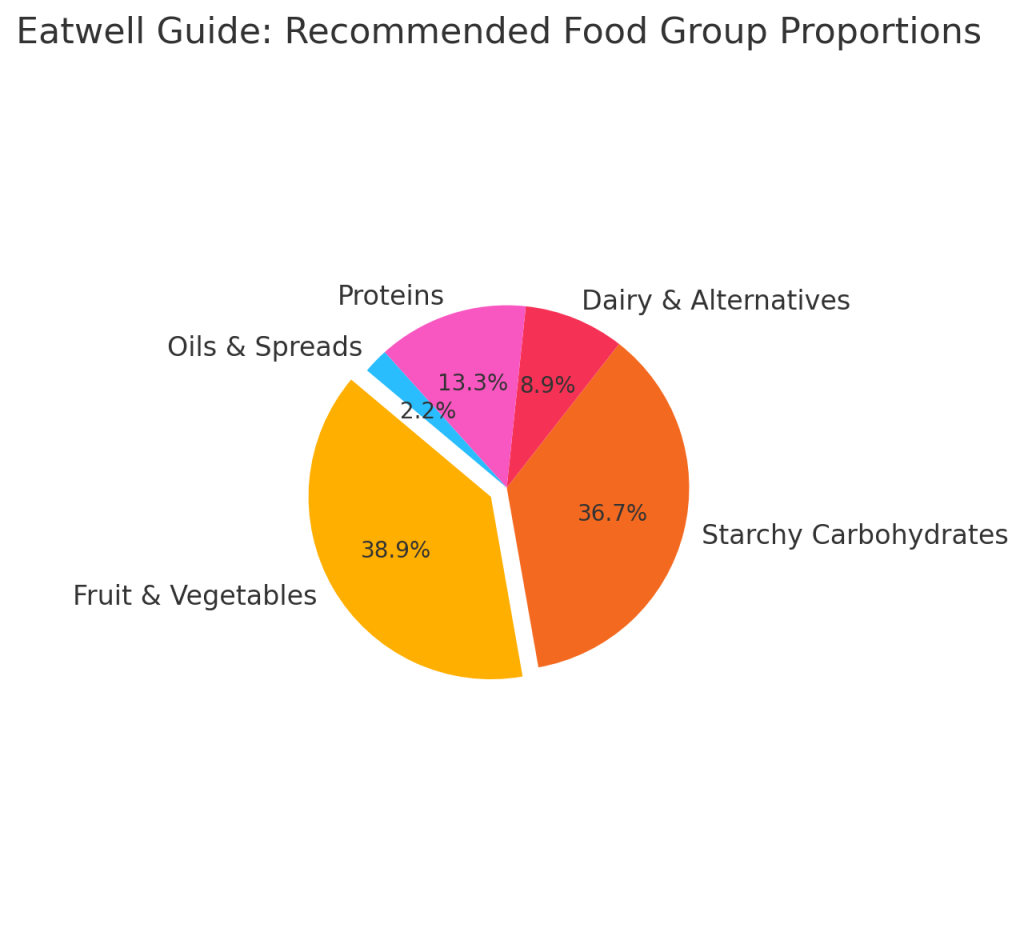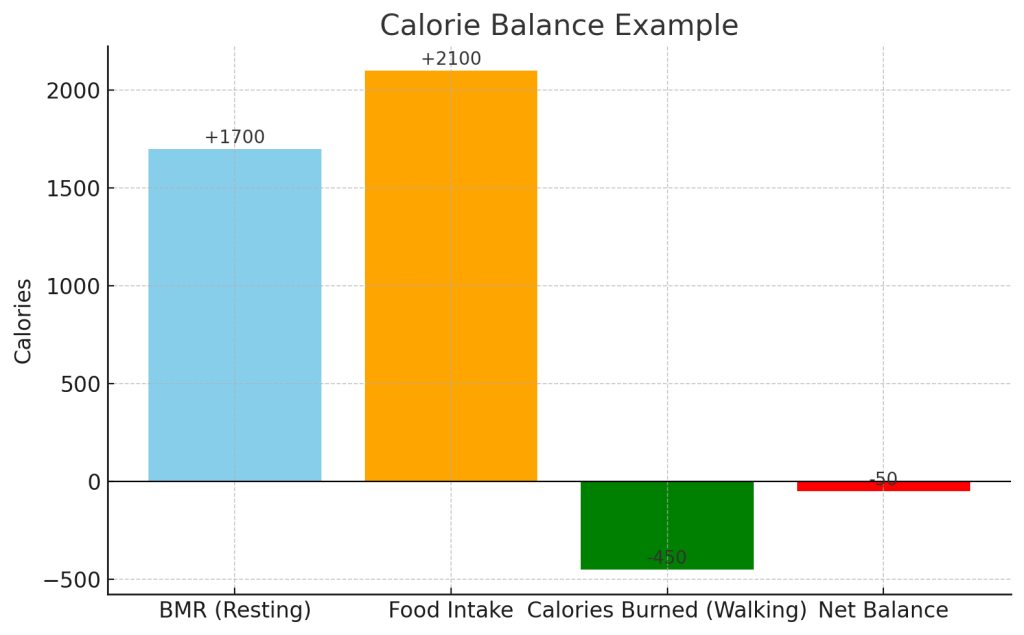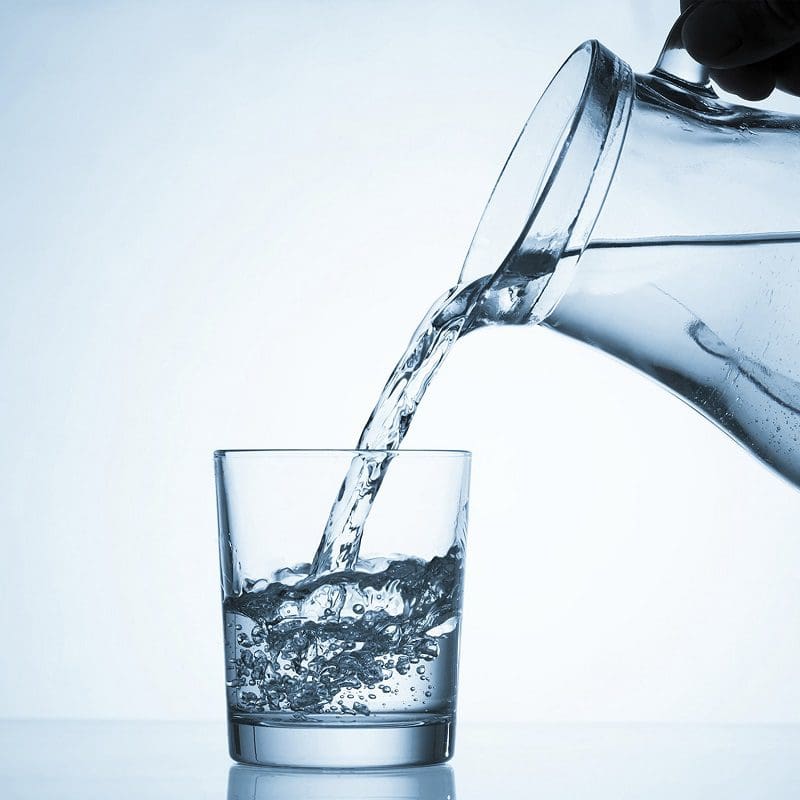What is Creatine and what are it’s benefits?
Creatine is one of the most researched and widely used supplements in the world of fitness and sports performance. Naturally found in small amounts in meat and fish, and also produced by the liver, kidneys, and pancreas, creatine plays a vital role in your body’s ability to generate quick energy — especially during short bursts of intense activity like sprinting or weightlifting.
When used as a supplement, creatine can significantly boost performance, strength, and recovery, making it a staple in many athletes’ and fitness enthusiasts’ routines.
How Does Creatine Work?
Creatine helps produce adenosine triphosphate (ATP), the body’s primary source of energy during high-intensity, short-duration exercises. However, ATP stores are limited and typically get used up within the first 10 seconds of intense activity.
Supplementing with creatine increases your body’s phosphocreatine stores, which in turn helps replenish ATP more quickly, allowing you to train harder and longer before fatigue sets in.
Benefits of Creatine
Creatine offers several benefits, both for physical performance and overall wellness:
1. Improved Strength and Power
Creatine enhances your ability to perform short, explosive movements, such as lifting heavy weights or sprinting. It enables you to push beyond normal limits, leading to improved strength over time.
2. Increased Muscle Growth
By allowing for more reps or heavier loads during training, creatine supports muscle hypertrophy. It also draws water into muscle cells, creating a fuller appearance and enhancing protein synthesis.
3. Enhanced Athletic Performance
Athletes in sports like football, basketball, rugby, and athletics can benefit from creatine’s ability to improve speed, agility, and power in activities lasting less than 30 seconds.
4. Cognitive and Brain Health
Emerging research suggests that creatine may also support brain function, especially in times of mental fatigue or sleep deprivation. It may help with memory, focus, and mental clarity.
How to Take Creatine
The most common and well-studied form of creatine is creatine monohydrate, typically available in powder form. It’s easy to mix with water, juice, or protein shakes.
Typical Dosage:
-
Maintenance dose: 3–5 grams per day
-
Optional loading phase: 20 grams per day (split into 4 doses of 5g) for 5–7 days, followed by a maintenance phase
You can skip the loading phase if preferred — your muscles will still saturate with creatine over time, usually within 3–4 weeks.
Tip: Take creatine around the time of your workout, ideally post-training, when your muscles are more receptive to nutrient absorption.
Is Creatine Safe?
Yes. Creatine is one of the most studied sports supplements, with decades of research supporting its safety and effectiveness in healthy individuals when used as directed.
That said, hydration is key. Because creatine draws water into your muscles, it’s important to stay well-hydrated to prevent side effects.
Possible Side Effects (usually mild):
-
Water retention
-
Stomach discomfort
-
Dehydration
-
Muscle cramps
-
Kidney stress (rare – typically only in those with pre-existing kidney issues)
If you experience any discomfort, reduce your dosage or stop use temporarily. Those with kidney conditions should always consult a healthcare professional before taking creatine.
Who Can Benefit from Creatine?
Creatine isn’t just for professional athletes or bodybuilders. It’s beneficial for anyone who wants to improve strength, power, muscle mass, or performance in high-intensity activities.
Ideal users include:
-
Weightlifters and gym-goers
-
Sprinters and explosive athletes
-
Competitive sports players (e.g. rugby, football, basketball)
-
Individuals looking to gain muscle or recover faster
Want to Maximise Results with Nutrition?
While creatine is a powerful tool, nutrition plays a vital role in unlocking its full potential. Pairing your creatine supplementation with a personalised nutrition plan can help you:
-
Maximise muscle gain
-
Improve recovery
-
Maintain optimal hydration and electrolyte balance
Our expert team at Livewell offers tailored nutrition advice for performance, recovery, and general wellbeing. Whether you’re new to supplements or want to build a science-backed nutrition strategy, we’re here to help.
Book your nutrition consultation today to get the most out of your training and supplementation.




